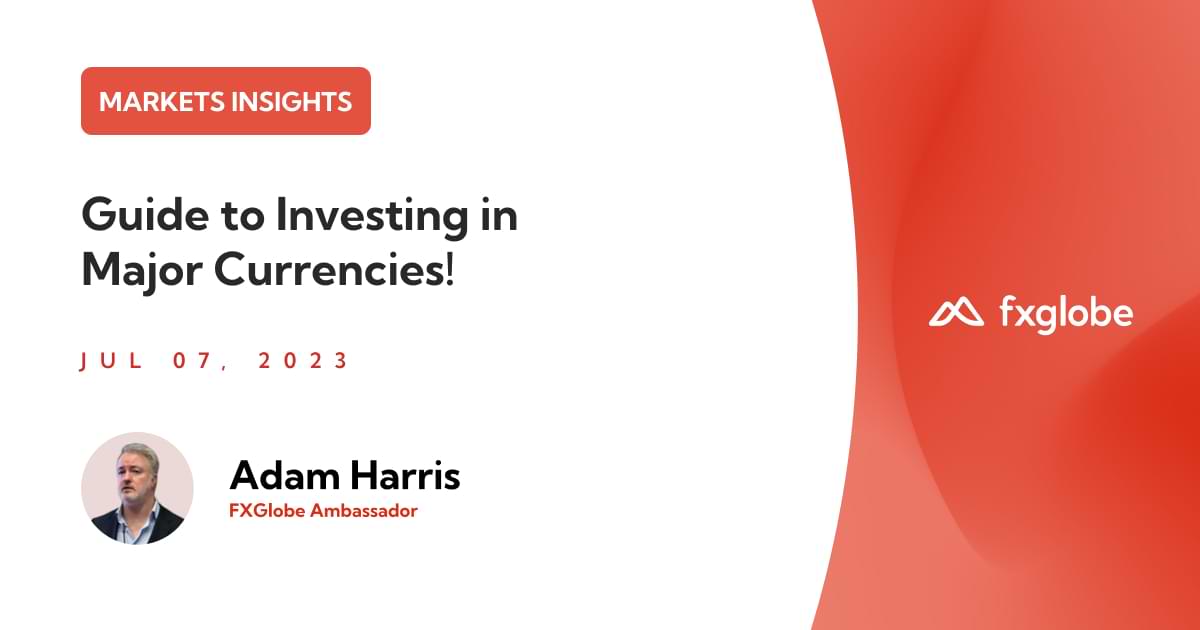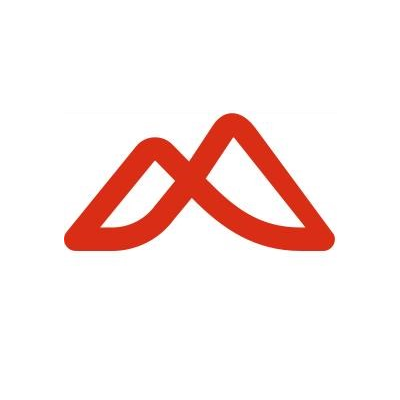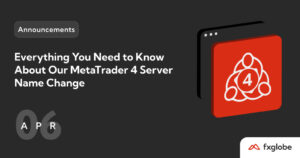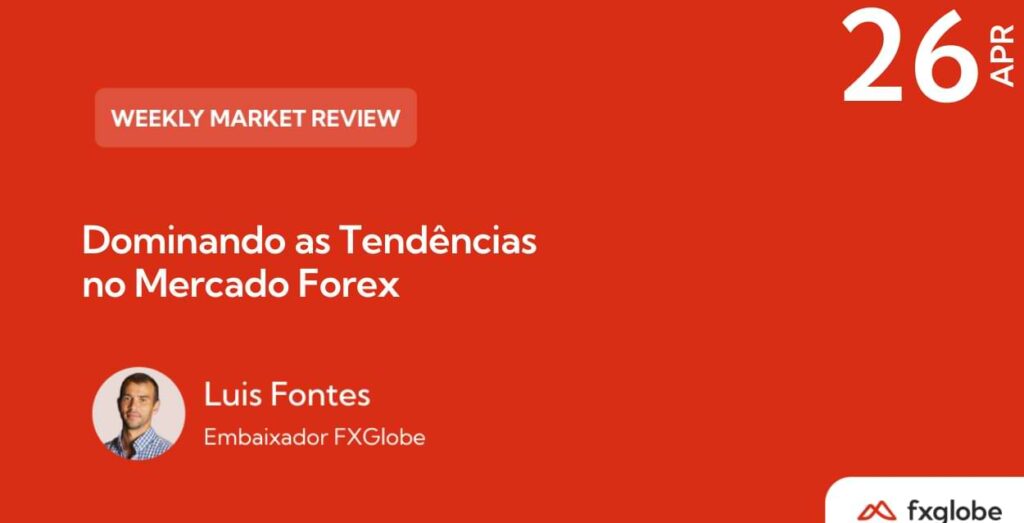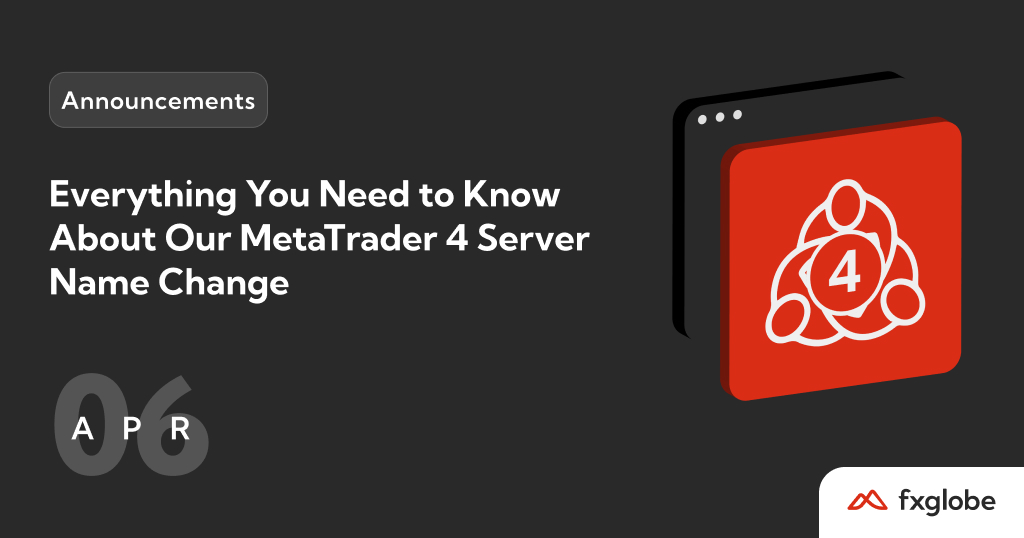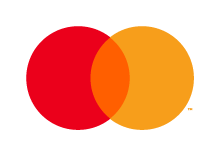Some folks get all starry-eyed about currency trading. Out of the crowd, a few currencies stand out, with the US Dollar playing the lead role. And did you know most things we buy and sell are priced in dollars?
Then there’s the Euro – it’s like a rock band formed by the countries in the European Union. But when one member has a rough night, it can affect the whole group. That’s when traders often turn to the Japanese Yen, the quiet guy who always keeps his cool.
The British Pound has been on the world stage for centuries, but there are others in the limelight too. The Swiss Franc and Canadian Dollar, for instance. Then there are currencies like the Australian Dollar, which can feel a bit like a kangaroo bouncing off the Chinese Yuan.
Now, remember, before you jump into this arena, it’s best to know all the ins and outs of the currencies you’re considering.
What to Know Before You Invest
If you want to get a handle on a country’s economy, keep an eye on things like inflation, GDP, and unemployment rates. They can give you a sense of where things are heading. And don’t forget about political stability – a major election or policy change can send the markets into a spin.
And then there are global issues like natural disasters or pandemics – they can rock economies to their core. You gotta keep a sharp eye out and stay informed about all these factors before you start trading in different currencies.
Essential Parts of a Trading Plan
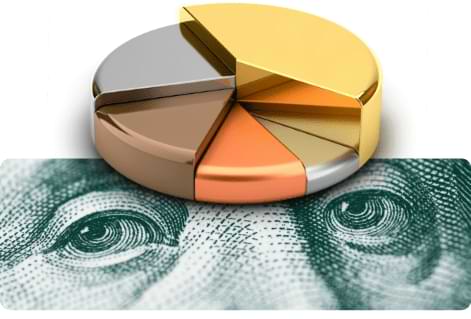
Creating a successful forex trading plan is like composing a hit song. Here’s what you need:
- Specific goals: Know exactly what you want to achieve.
- Measurable objectives: Be able to track your progress.
- Attainable targets: Make sure your goals are realistic.
- Relevant goals: Your goals should align with your broader trading strategy.
- Time-bound objectives: Set a deadline for when you want to achieve your goals.
An example of a well-structured goal would be to aim for a 5% profit per month by the end of the year.
Next, we have risk management techniques, which help you ‘tune’ your portfolio to minimize potential losses. Tools like stop-loss orders and diversifying your investments across various currencies can be highly effective.
Lastly, don’t forget about market analysis. Regularly monitoring economic indicators, political events, and other factors allows traders to identify emerging patterns and make better decisions.
How to Choose the Right Broker
Finding the perfect broker for currency trading can feel like looking for a needle in a haystack. Here’s what to consider:
- Regulation: Make sure the broker adheres to strict regulations set by trustworthy financial organizations.
- Platform: Look for an easily navigable trading platform with up-to-date market data and analysis tools. Bonus points if they offer demo accounts!
- Fees: Pay attention to fees associated with account opening, maintenance, and transactions. Weigh these costs against additional services the broker might offer, like educational resources or research reports.
Protect Your Capital: Risk Management Strategies
Navigating risk in currency trading can feel like walking a tightrope. One practical tool is stop-loss orders, directing brokers to close trades once a specific price threshold is reached. Remember to set these thresholds carefully, keeping in mind market volatility and your personal risk tolerance.
Diversification – spreading your investments across various currencies or asset classes – is another method to cushion your portfolio. However, don’t go overboard with diversification, as it could dilute potential gains. Maintaining discipline is equally important – don’t let panic or over-optimism trigger impulsive trades that could lead to losses.
Trading Resources: How to Stay Informed
Good traders always keep up with changes in market trends and news. It might seem overwhelming at first, but the right knowledge and strategies can make a huge difference in your trading decisions.
Financial news sites like Bloomberg and Reuters, as well as social media platforms like Twitter or LinkedIn, can be excellent resources. Thanks to platforms like these, you’ve got easy access to leading economists, analysts, and maverick influencers sharing their insights.
Consider attending webinars or seminars hosted by experienced traders for additional insights into currency markets. With the right tools and resources, you can confidently make well-informed trading decisions and navigate the complex world of currency trading!

